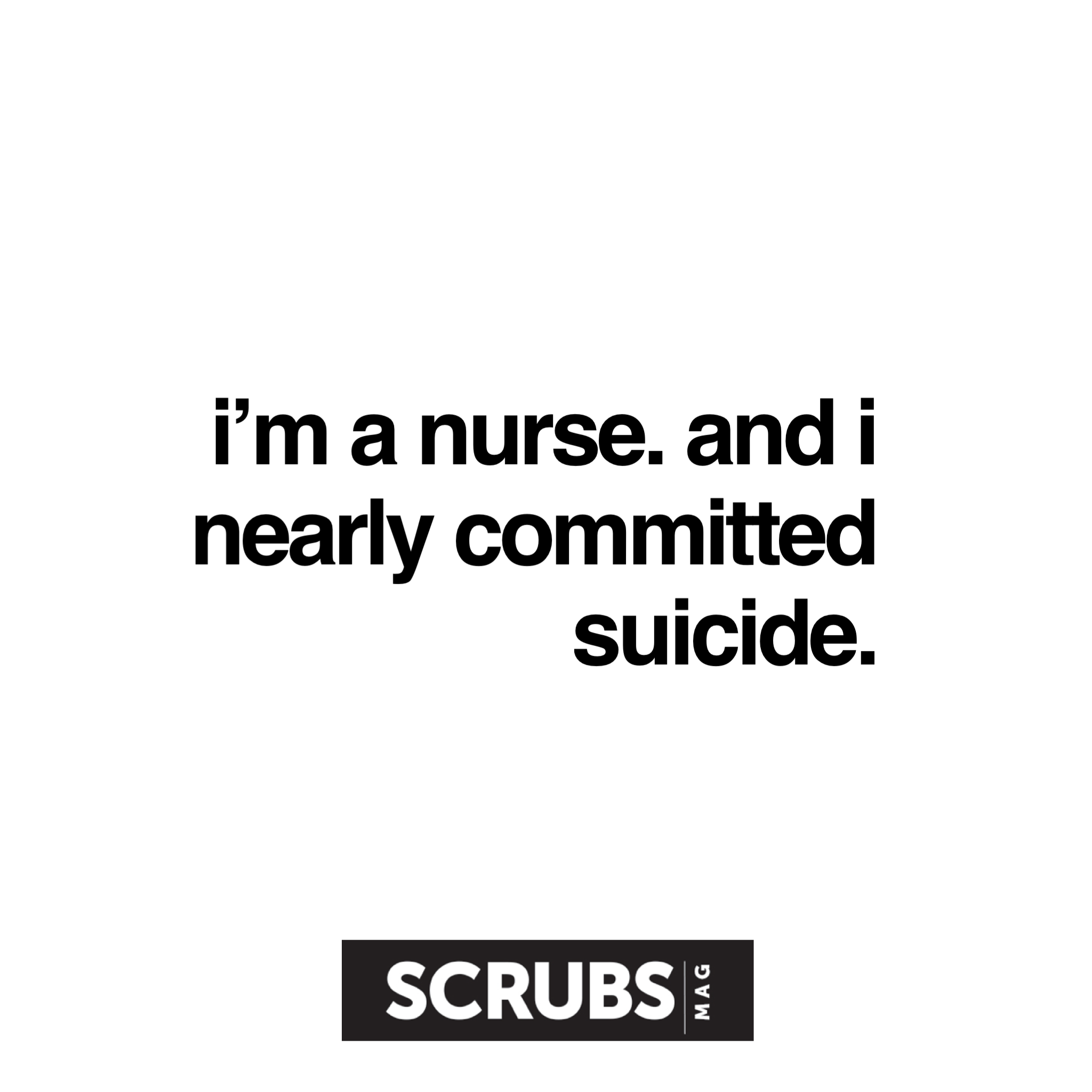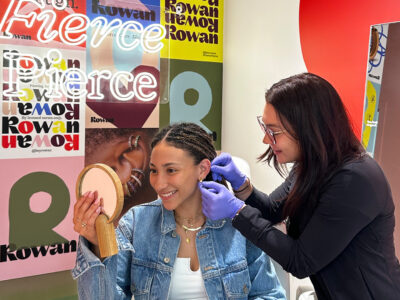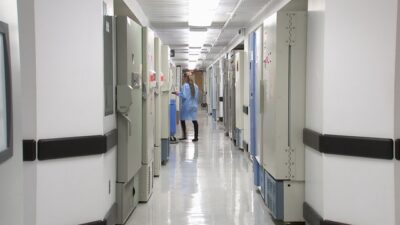Beyond the advancements in medical technology and procedures, there is a growing recognition of the importance of mental and emotional well-being in patient recovery and overall health. This article delves into how formal education in counseling can profoundly benefit medical professionals, thereby enriching their practice and patient relationships.
Empathy and Communication: The Heart of Healing
At the core of healthcare is the human connection between the practitioner and the patient. Pursuing a counseling degree online can equip medical professionals with enhanced skills to establish a deeper rapport with their patients, fostering an environment of trust and openness. This empathetic approach not only aids in accurate diagnosis but also encourages patients to be more forthcoming with their concerns, leading to more personalized and effective care.
Navigating the Emotional Landscape of Illness
Illness often carries with it a burden of fear, anxiety, and uncertainty. Medical practitioners trained in counseling are adept at guiding patients through these emotional challenges. By offering support and understanding the psychological aspects of illness, they can help patients cope more effectively, which can have a tangible impact on their recovery process.
Enhanced Interpersonal Skills within Healthcare Teams
Counseling education extends its benefits beyond patient interaction. Medical professionals skilled in counseling techniques can also contribute to healthier work environments. They become better listeners and communicators, essential skills for teamwork and collaboration. This improved dynamic can lead to more efficient problem-solving and a more supportive workplace culture, ultimately enhancing patient care.
Preventing Burnout: Self-care for Caregivers
The demanding nature of healthcare professions often leads to high stress and burnout. A solid foundation in counseling can provide medical professionals with tools for self-reflection and stress management. Understanding their emotional and mental health enables them to maintain a balance, ensuring they can provide the best care to their patients while taking care of their well-being.
Ethical Sensitivity and Patient Advocacy
Formal training in counseling heightens ethical awareness and sensitivity. Medical professionals become more attuned to the ethical dimensions of patient care, including respect for autonomy, confidentiality, and informed consent. This understanding is crucial in advocating for patient rights and navigating complex healthcare decisions.
Bridging Cultural and Social Sensitivities
In today’s multicultural society, medical professionals often encounter patients from diverse backgrounds. Counseling education equips them with the skills to effectively navigate cultural and social sensitivities. This knowledge fosters respectful and culturally competent care, ensuring patients feel understood and valued regardless of their background. Such sensitivity not only enhances patient comfort and trust but also ensures that care is tailored to each patient’s unique cultural and social contexts.
Conclusion
The journey toward integrating counseling into medical education is not just an investment in professional growth but a commitment to the deeper essence of healing and caregiving. Incorporating counseling education into the repertoire of skills for medical professionals can enhance their clinical expertise and provide a more holistic approach to patient care. By understanding and addressing the psychological and emotional facets of healthcare, medical professionals can offer a more comprehensive and compassionate service.
















